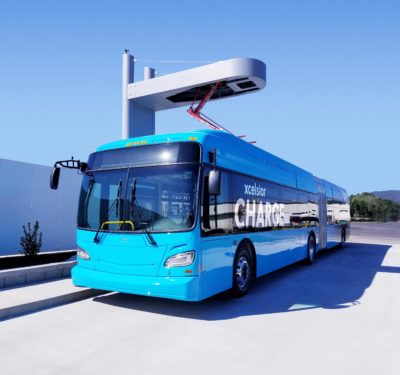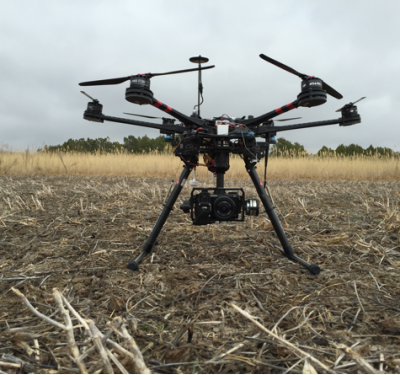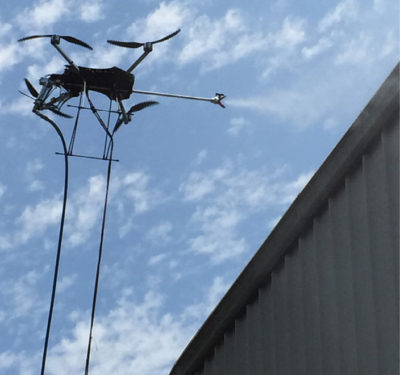
Fleet of XCMG Autonomous Road Rollers Completes the The World’s First Asphalt Road Construction – Panda Expressway between Sichuan and Yunnan Province.
Chinese construction machinery manufacturer XCMG recently tested its autonomous road roller on the Panda Expressway, which is under construction between Panzhihua, Sichuan Province and Dali, Yunnan Province.
The company developed the road roller along with Sichuan Railway Investment Group and Tsinghua University, according to a news release. Successful tests were completed at the end of May.
Before testing began, a remote monitoring data center identified the best route and process for the self-driving vehicle. Once that was determined, instructions were transmitted to the onboard control system. This made it possible for the road roller to operate autonomously under complex conditions with a precision of 2 to 3 cm.
The road roller has various safety features built in, including a real-time monitoring system that can sound warnings, make an emergency stop, automatically enter and exit sites and avoid obstacles.
XCMG first signed a strategic agreement with the Sichuan Railway Investment Group and Tsinghua University in 2018 to “deepen their cooperation in the field of autonomous road construction.” The partners have since applied for nine domestic patents, with three for inventions and six for utility models and technology.
The partnership will continue with a focus on R&D and implementation of smart transportation development strategies. The companies will also address the development of mobile 5G communications base stations.
“Over 81% of Panda Expressway consists of bridges and tunnels, making it one of China’s key smart transportation infrastructure projects,” said Cui Jisheng, general manager of XCMG road machinery, according to the release. “Enhancing road quality and safety through efficient construction and reduced cost were key priorities in our collaboration to develop an autonomous road roller. Our success here shows great promise for the technology’s industrialization and will accelerate the development of smart transport infrastructure.”






